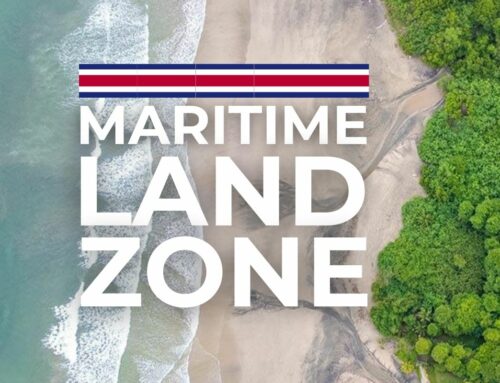Choosing a Legal Structure for Property Ownership in Costa Rica
Several legal structures exist for owning property in Costa Rica. While it’s possible to own the property at a personal level, even as a foreigner, often the best option of legal structure for property ownership in Costa Rica involves using a Costa Rican corporation, LLC, or similar.
This approach ensures that if the individual who owns the company passes away or becomes unavailable, the corporation can continue to manage the property, whether for sale or decision-making during shareholder meetings.
In essence, using a corporation ownership structure offers flexibility for selling the property and moving forward, even if one of the stockholders can no longer participate. Opting for direct personal ownership can result in complex legal procedures if the owner passes away. In contrast, corporate ownership allows for a smoother property transfer process in such situations.
It’s worth noting that the most common types of companies used for this purpose are a Sociedad Anonima, which closely resembles a U.S. corporation, or Sociedad de Responsabilidad Limitada, similar to the Limited Liability Company (LLC) in the U.S. Both options are viable and provide the opportunity to own property in the country through the most recommended approach.








